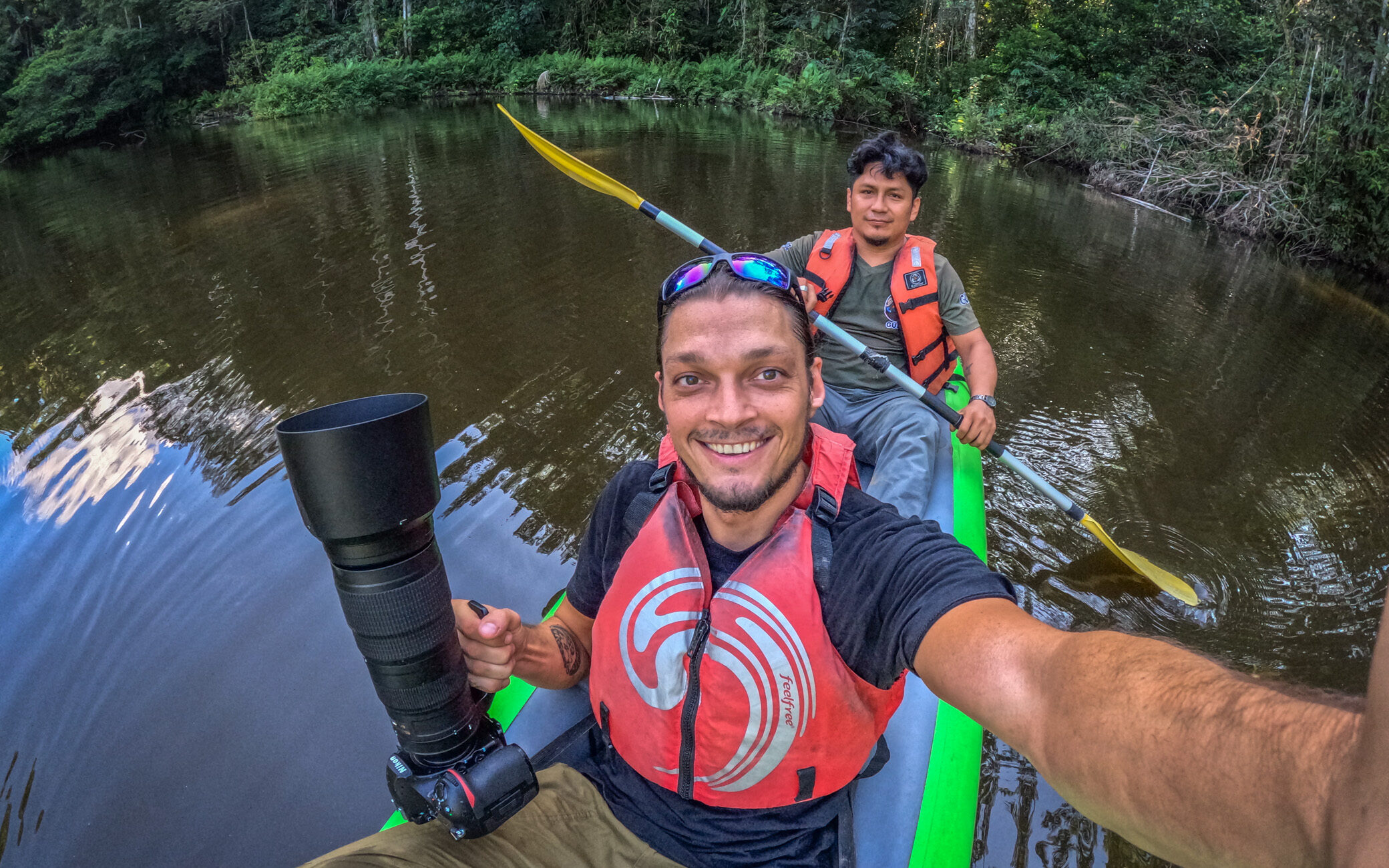
"When the last tree is cut down, the last fish eaten,and the last stream poisoned, you will realize that you cannot eat money."
Our planet is wonderful. Vast open landscapes, dense rain forests, colorful coral reefs, dry mountain regions, and muddy wetlands. Majestic whales, mysterious lemurs, colorful birds, intelligent dolphins. You name it – we have it all. To keep the diversity on our planet and leave nature room to flourish, we have to protect some spaces and look into our own consumer lives. Much of our flora and fauna have fallen victim to the industrialization of humankind and the ever-spreading exploitation of natural resources. Overexploitation will ultimately lead to a collapse as many examples have shown. In contrast to that, we can start using nature’s resources in a sustainable way and keep them for future generations.
I believe that each and everyone has to power to make the world a little better. Sustainable living should be a top priority of every single one of us. Even if we might not feel the changing environment, our impact on natural ecosystems is enormous and there are billions that DO feel it. It is natural to think what you see and experience is “normal” but might be far away from what your grandparents experienced. Let’s say, you are used to fishing in a certain region and catching fish in the size range of 10-15 cm. This is what you have seen for the last 20 years and for you that is the way it is, no reason to worry. Let assume your granddad used to fish the same region, just that he was used to catching fish in the size range of 25-35 cm. The catches nowadays would be small for him, yet for you they are normal. That is what we call shifting baselines. These long time frames (often longer than a lifetime) make conservation challenging. Why change something that we consider as normal?
Rising sea levels, depleted fish stocks, dead zones in the oceans, habitat degradation, poverty and slave working conditions in third world countries are all a product of humankind. People in developed countries have a strong responsibility to help wherever possible and it is very important to know that our wallet is our weapon and our consumer behavior the ammunition. By making a choice, we actively help to make a change. We do have the power to change the market! Either are you activist or a non-activist – so chose wisely and do your share!
The longest journey starts with one step. And often it may seem as there is nothing one alone can do. But let never anyone discourage you and keep walking. Keep spreading love for our nature and the species we are sharing our planet with. Keep spreading information and keep fighting injustice. Together we can make a change and be it a small one or a big one.
Conservation also means to look at your own way of living and seeking improvement to a more sustainable life. It might be just a drop in the ocean bus as you can see many drops can make quite a big ocean!
We don´t have to travel far to experience nature. Take a walk through a forest in your vicinity, visit the seaside if you live close, hike through remote mountains or even just take some time in a park close-by. There are lots of ways – take one and you might feel the magic, the tranquility, the serenity and the balance of life our mother earth is providing for us.
Each one of us can help our planet: plant a new tree, dispose of the trash properly, stop eating meat and fish if you do not rely on it to survive, collect rubbish if you see it, don’t torture animals, don´t buy products from destructive companies and and and. It´s not about being perfect, it’s about starting somewhere.
If we boycott products harvested, fished or farmed unsustainably, the industry will be urged to change. We should support products, that are produced locally and in accordance with nature. Act locally, think globally brings it pretty much to the point. It seems as if there are no more boundaries to possible exploitation – be it fracking, deep-sea fishing or oil drilling in the Arctic. We will lose precious ecosystems and they might be lost forever. This will severely affect life on our planet in the long-term. It may seem like an impossible effort to stop this, but the more we are, the bigger our impact! Let’s work together on a sustainable future where rhinos, sharks, rainforests, glaciers, polar bears, condors, orangutans and whales will still be existing – we owe it to the next generations!
Change starts with you! Don´t wonder, why nobody is making a difference – be somebody and make it! Let us live a conservation life – for our planet. ONELOVE







